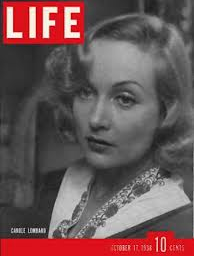
Dear readers, over the past months, I have gotten several comments and emails from people asking what they can do to help the Olivia de Havilland case. I just received some correspondence from de Havilland’s legal counsel, outlining exactly how to get involved in the petition to review the appellate court’s decision. I had known this was coming for some time, but wanted to wait to update you until I had all the information. Now I can tell you all the details of exactly what we can do.
We are to write amici curiae letters to the California Supreme Court in support of the petition to review. For those up to the task–doing this correctly requires careful following of several steps, so I’m going to streamline it as much as possible based on what I’ve done, so that this process can take as little of your time as possible.
Here is what your letterhead should look like, and how you should address and start the letter:
Your name
Your address
Your phone number
Chief Justice Tani Cantil-Sakauye
and the Associate Justices
Supreme Court of California
350 McAllister st.
San Francisco, CA 94102
Re: de Havilland v. FX Networks, LLC, et al., Court of Appeal Case No. B285629 and California Supreme Court Case No. S248614Dear Chief Justice Tani Cantil-Sakauye and the Associate Justices of the California Supreme Court,
Pursuant to California Rule of Court 8.500(g), I am writing in support of the Petition for Review of Olivia de Havilland, de Havilland v. FX Networks, LLC, et al., Court of Appeal Case Number B285629 and California Supreme Court Case Number S248614.
Here is what you should put in the letter:
- Who you are, your profession, your interest in the issues of the case (right to protect name and identity from knowingly false statements, right to a trial by jury, etc)
- Why these issues are important to be considered by the California Supreme Court
- Why trial by jury is important for everyone, not just Dame Olivia
- State that you have no personal financial interest in the case
Speak in your own voice, and explain (for example) why truth in media is important, and that falsehoods have no value. Most of all, make it your own and explain why this is important to you.
THEN:
Fill out the Proof of Service document. It’s pretty self-explanatory. Feel free to just download the photo, print it, and fill it out.

Now comes the rather daunting part (in case you forgot that this is a legal case).
- Make TWO copies of the letter and send them to the attorneys on both sides of the case. Their names and addresses are in the Proof of Service document, but to make everything totally accessible, here they are again:
Suzelle M. Smith, Esq. Kelly M. Klaus, Esq.
Howarth & Smith Munger Tolles & Olson LLP
523 W. 6th Street 350 South Grand Avenue
Suite 728 50th Floor
Los Angeles, CA 90014 Los Angeles, CA 90071
- Then you must make EIGHT copies of the letter you wrote, and mail the copies, along with the original letter you wrote and the Proof of Service to the Clerk of the Court:
Mr. Jorge E. Navarrete
Clerk of the Court
Supreme Court of California
350 McAllister Street
San Francisco, CA 94102-4797
- And that’s it!
We are to get our letters mailed by June 1, 2018. Suzelle Smith’s office wants us to know that she’s aware of how much effort this is, but she assures us that it will be well worth it. These letters might make the difference.
Any questions? Comments? Feel free to leave anything in the comments section or email me. Thank you so much for supporting this important cause. Suzelle Smith closed her correspondence with:
“Thank you very much for your interest in Miss de Havilland’s case and your willingness to be a part of the process for justice. If the California Supreme Court does take the case, we hope you will be at the oral argument.”
Happy letter writing!

#odehvfx



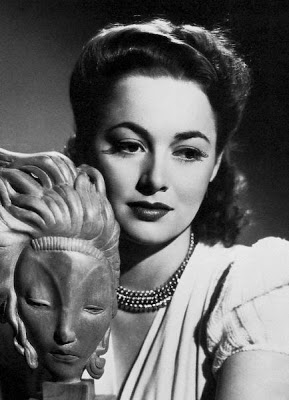











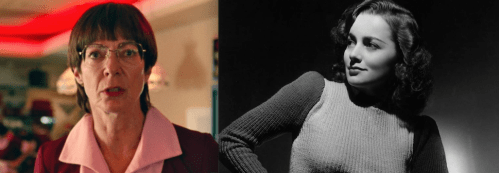



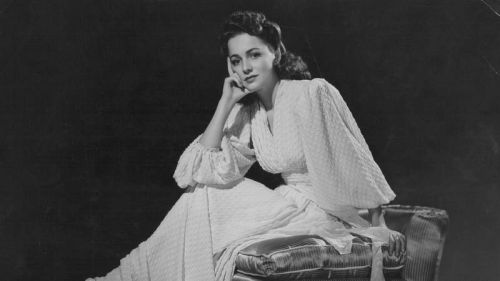


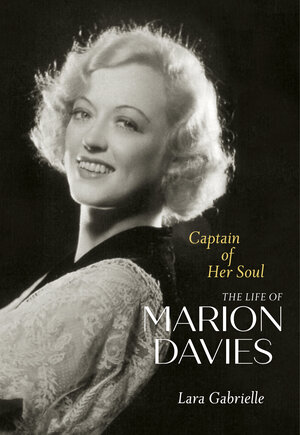


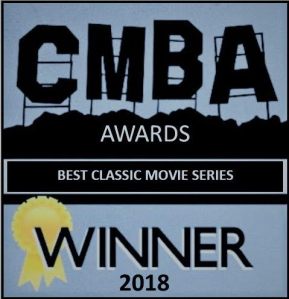


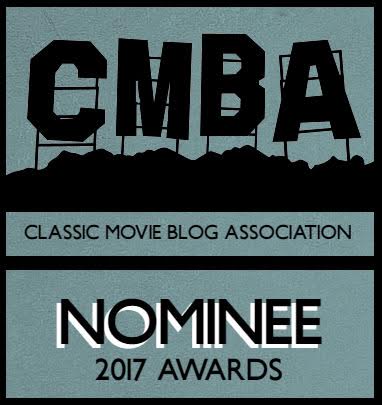









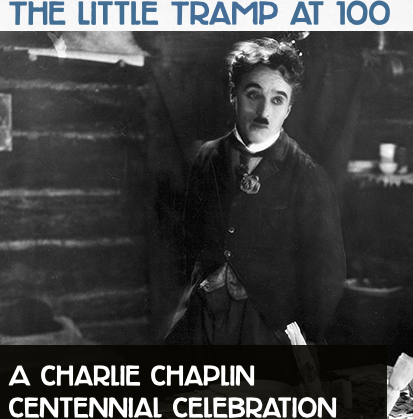









_03.jpg)
